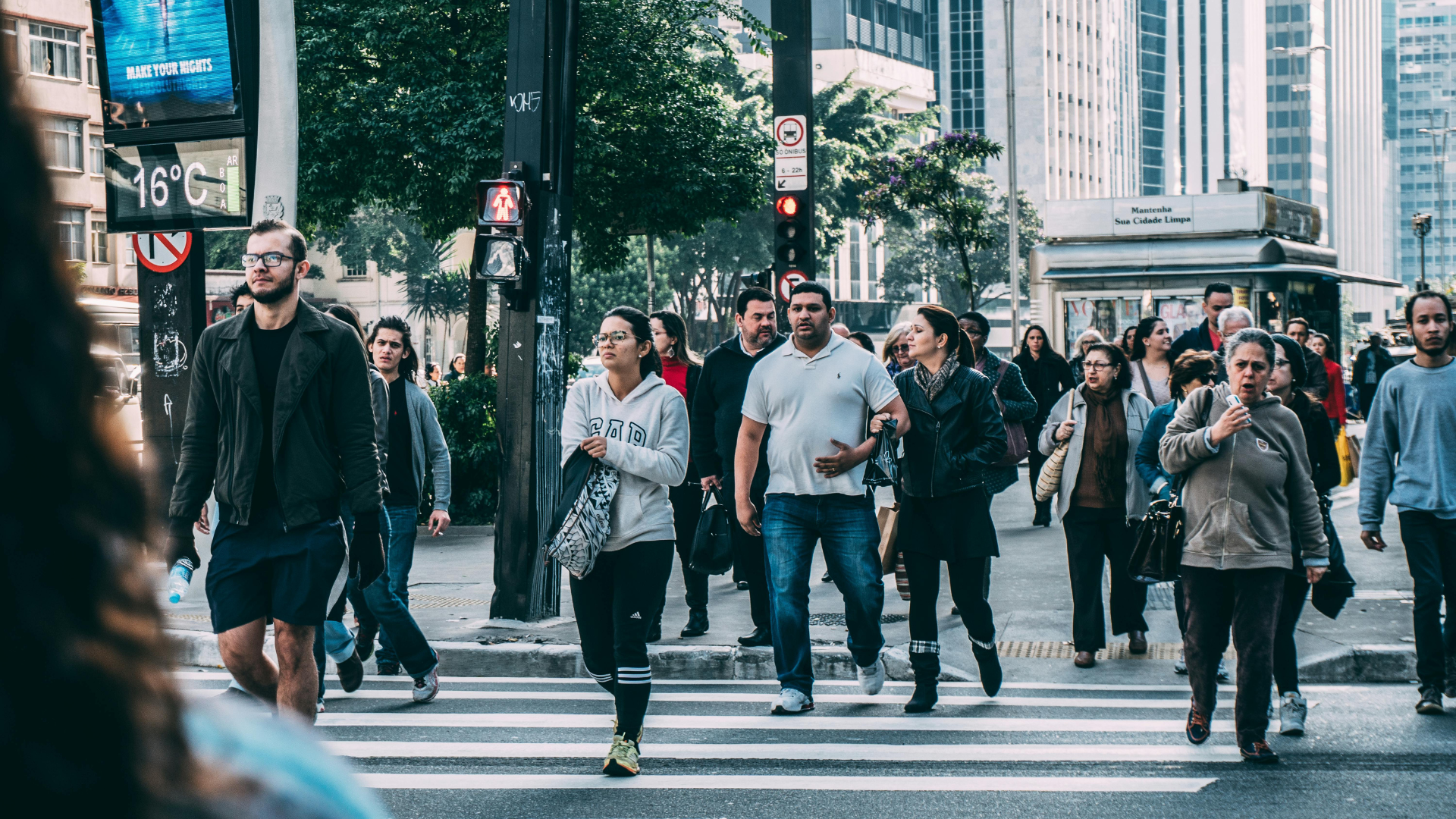What Would a Truly Mental-Health-Friendly Society Look Like?
Building the Future of Tomorrow
Imagine a world where mental health is treated with the same urgency and care as physical health. A world where seeking therapy is as normal as going to the doctor, workplaces prioritise emotional well-being, and schools teach children how to manage their emotions as part of the core curriculum.
While we’ve made significant progress in mental health awareness, there’s still a long way to go. Stigma, lack of access to services, and outdated attitudes still hold many people back from getting the support they need. But what if things were different?
Mental Health Would Be Taken as Seriously as Physical Health
In an ideal world, mental and physical health would be treated as equals. Right now, if you break a leg, you go to A&E and receive immediate care. But if you’re battling severe depression, anxiety, or trauma, you could face months-long waiting lists for therapy.
Did you know? A study by Mind found that 1 in 4 people in the UK experience a mental health condition each year, yet many still struggle to access timely support.
What Would Change?
- Free and fast access to therapy, just like physical healthcare.
- GPs trained to spot and address mental health concerns early.
- Routine mental health check-ups, just like physical ones.
By treating mental well-being with the same level of care as physical health, fewer people would reach crisis point before getting help.
Workplaces Would Prioritise Mental Well-being
In a mental-health-friendly society, burnout culture would be a thing of the past. Instead of glorifying overwork, companies would encourage balance, support mental health, and provide real flexibility.
Did you know? A Deloitte study found that poor mental health costs UK employers £56 billion a year in lost productivity. Prioritising well-being isn’t just ethical – it’s economically smart.
What Would Change?
- Flexible working options to help employees manage stress.
- Mental health days included in sick leave policies.
- Managers trained to support employees’ well-being.
- Employee Assistance Programmes offering therapy and support.
A world where mental health at work is taken seriously would mean happier, healthier, and more productive employees.
Schools Would Teach Mental Health from a Young Age
Why do we learn about Pythagoras’ theorem but not how to manage stress and anxiety? In a truly mental-health-friendly society, emotional resilience would be taught as early as primary school.
According to NHS Digital, 1 in 6 children aged 5-16 in the UK have a diagnosable mental health condition, yet mental health education is still not prioritised in all schools.
What Would Change?
- Emotional intelligence and resilience would be part of the curriculum.
- Mindfulness, coping strategies, and stress management would be normalised.
- Schools would have trained mental health professionals available to students.
When young people grow up with the right tools to manage their emotions, they are better equipped to handle life’s challenges.
Conversations About Mental Health Would Be Normal, Not Taboo
Right now, many people still feel uncomfortable talking about mental health struggles. In a truly supportive society, conversations about anxiety, depression, and stress would be as common as discussing a cold or flu.
What Would Change?
- No more stigma around therapy-everyone would feel comfortable seeking help.
- Friends and family would check in on mental health, not just physical health.
- Media and pop culture would accurately represent mental health conditions.
When mental health is discussed openly, people feel less alone, more supported, and more likely to seek help when they need it.
Digital Mental Health Tools Would Be Readily Available
Not everyone can access traditional therapy – whether due to cost, waiting times, or personal preference. In a mental-health-friendly world, evidence-based digital tools would be widely available to help people build resilience, manage emotions, and seek support.
How eQuoo by PsycApps Is Leading the Way
eQuoo is a gamified mental health app designed to:
- Teach emotional resilience through interactive storytelling.
- Use Cognitive Behavioural Therapy techniques to help manage stress, anxiety, and emotional regulation.
- Develops relationship skills – Helping users build stronger connections, set boundaries, and improve communication.
Why It Works: eQuoo makes mental health support fun, accessible, and engaging, especially for young people who prefer digital learning.
The Resilience Development Programme
For those looking for structured mental health support, the CPD-Certified Resilience Development Programme is a science-backed digital tool that:
- Builds emotional resilience to handle life’s challenges.
- Teaches practical coping strategies for stress, anxiety, and low mood.
- Uses CBT and positive psychology techniques to promote long-term well-being.
How Do We Make This Vision a Reality?
Creating a mentally healthy society isn’t just a dream – it’s something we can actively work towards.
What Can You Do?
- Challenge stigma – Speak openly about mental health and encourage others to do the same.
- Support policies that prioritise mental well-being – Advocate for better funding for mental health services.
- Use evidence-based mental health tools – Explore digital resources like eQuoo and the Resilience Development Programme.
- Check in on loved ones – Sometimes, simply asking, “How are you really feeling?” can make all the difference.
A truly mental-health-friendly society is one where everyone feels safe, supported, and empowered to take care of their well-being. Let’s work together to make it happen.
Explore our CPD-Certified Resilience Development Programme to start your journey today.


